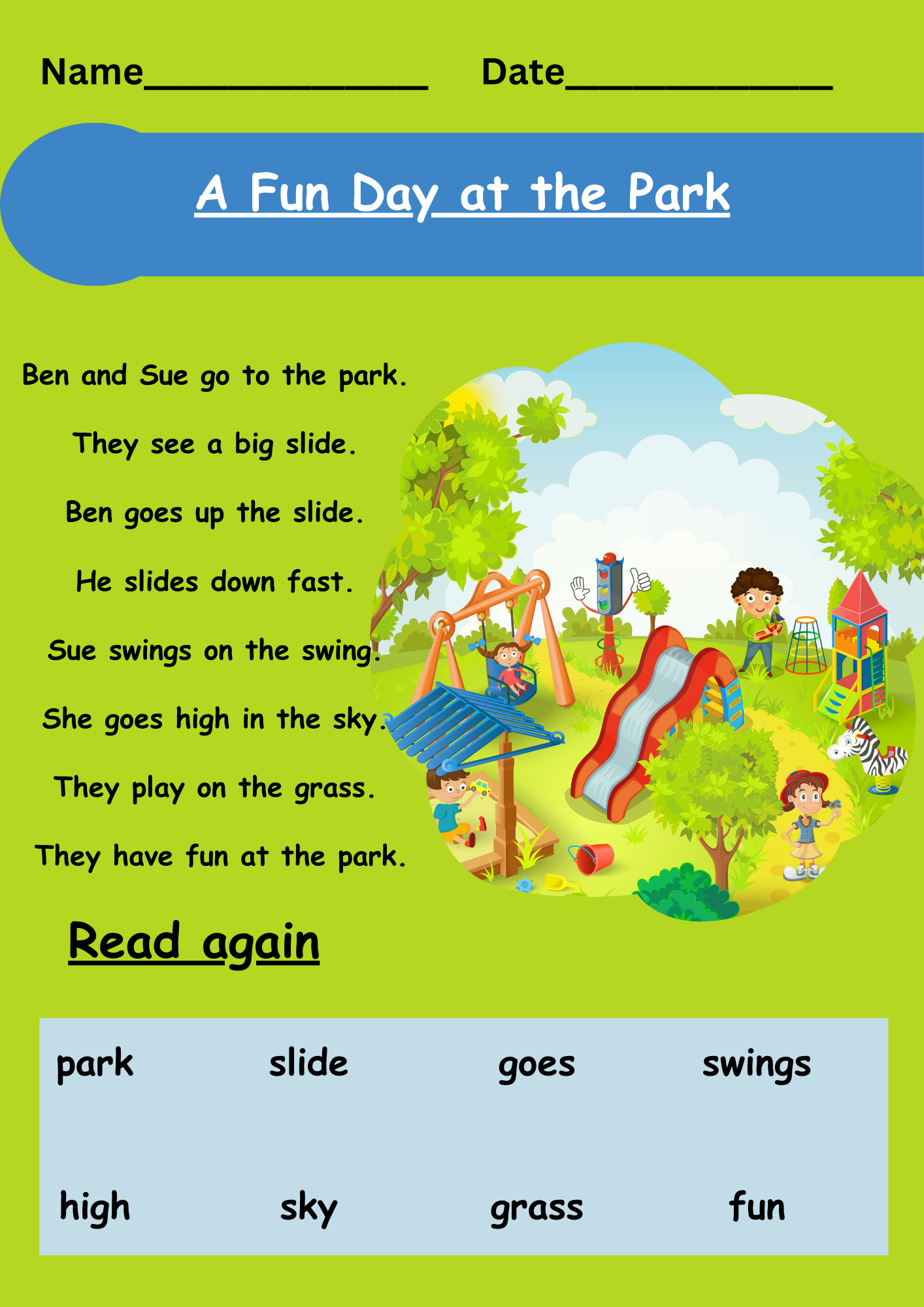Kindergarten is a crucial time for children to develop their reading skills. Providing them with access to a variety of reading materials is essential in fostering a love for learning and literacy. Fortunately, there are many free resources available for kindergarten students to help them on their reading journey.
Whether you are a teacher, parent, or caregiver, it is important to expose young children to a wide range of reading materials. This can include books, online resources, and interactive activities that engage and inspire young readers. By making these materials accessible and enjoyable, you can help children develop a strong foundation in reading.
Free Reading Materials for Kindergarten
One valuable resource for free reading materials for kindergarten is your local library. Many libraries offer a variety of children’s books, including picture books, early readers, and interactive stories. In addition to physical books, libraries may also provide access to digital resources such as e-books and audiobooks that can be accessed online or through library apps.
Another great source of free reading materials for kindergarten is educational websites and apps. Sites like ABCmouse, Starfall, and Storyline Online offer a wealth of interactive stories, games, and activities that can help children develop their reading skills in a fun and engaging way. These resources often include colorful illustrations, audio narration, and interactive features that make learning to read a rewarding experience.
In addition to traditional books and online resources, parents and caregivers can also create their own reading materials for kindergarten students. This can include making personalized storybooks, creating word cards or flashcards, and incorporating reading into everyday activities such as cooking, gardening, or crafting. By integrating reading into daily routines, you can help children see the value and joy of reading in their everyday lives.
Overall, providing free reading materials for kindergarten students is essential in helping them develop a lifelong love for reading. By exposing children to a variety of reading resources, both traditional and digital, you can help them build essential literacy skills and foster a curiosity for learning. So whether you are visiting the library, exploring educational websites, or creating your own reading materials, remember that the gift of reading is one of the greatest gifts you can give a child.
